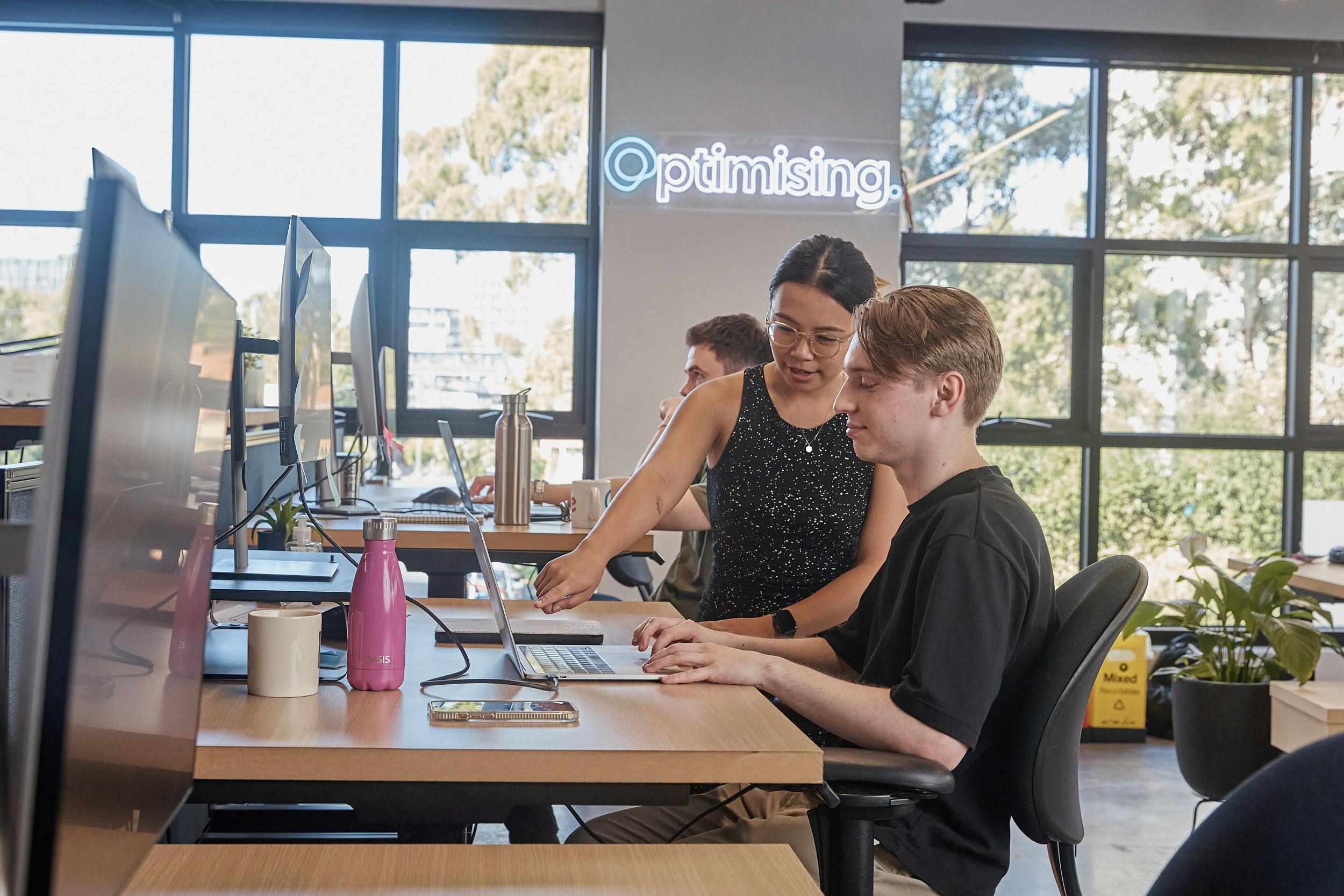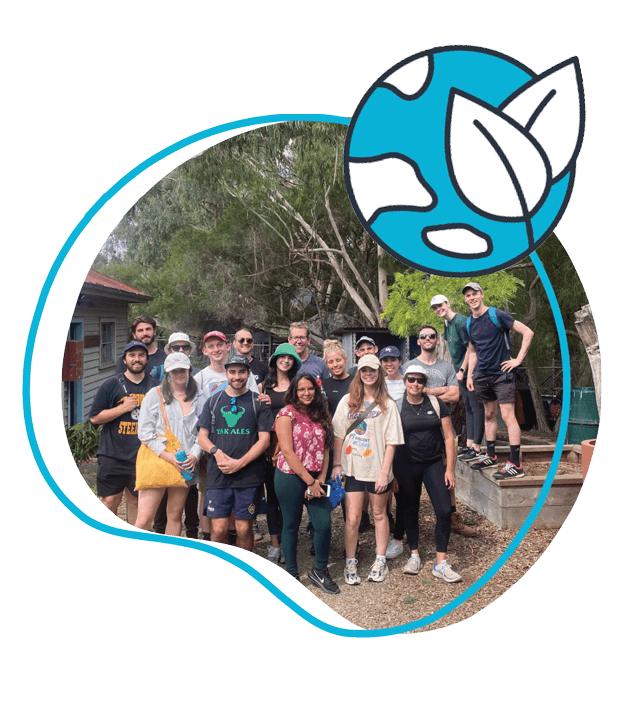SEO like it's 1999

Daniel Zuccon
Co-Founder & Operations
Posted: 25 Mar 2020


Co-Founder & Operations
Posted: 25 Mar 2020
Each week at Optimising, we put together a little presentation (aptly titled "SEOhhh") and discuss it together as a team. Last week we went through some old school SEO tactics that worked at the time (OK, maybe a little after 1999), but were always going to be a terrible idea.
Before Google got really good at reading and interpreting language and content, you could actually rank well just by adding a few meta keywords to each page of your website. But it came to a point where thousands of websites thought they were the best in their industry, and meta keywords could not differentiate them.
As such, Google completely stopped using meta keywords as a signal in 2009 with Yahoo! and MSN following suit shortly after.
Google did not use to be able to render your page as your customers would see it. They could only simply read the text on the page. As such, people took advantage of this and wrote pages of content written in black text and placed on a black background, or pushed completely off the screen with CSS. This was then invisible to the user, but search engines lapped it up.
It didn't take long for Google and the other search engines to be able to read this like a Magic Eye puzzle and start ignoring or even penalising it.
You will still see a lot of 'click to expand' buttons in the wild, but if it's in the best interest of user experience, then this will not be classified as hidden text.

As Google started turning up the signal of inbound links, it was easy to rank your website just by swapping a few links with your fellow webmasters. Having a 'Links' page was very common.
Remember there is nothing wrong with reciprocal linking if it makes sense such as suppliers or partners swapping links. However, the value of a reciprocal link will always be less than a one-way link for this reason.
Now that links are so valuable, people are looking for ways to generate quick and easy links. These article submission websites started popping up where you could write a few hundred words on your favourite topic, and include a link back to your own website.
It made sense at first, but then it became a game of who could write and submit the most gibberish. Promptly, Google devalued all of these kind of links overnight.

Google originally gave too much preference to domain names. If you wanted to target the keyword "best plumber in Melbourne", you could easily register the domain name bestplumberinmelbourne.com.au and whip up a 1-page website to quickly rank for it. This filled the Internet with more spam, and made domain registrars a lot of money! Thankfully this signal was turned way down in 2012.
When Google started using the anchor text of links to your website to determine what your website was about, it didn't take long for webmasters to begin to abuse this too. You would see sites with hundreds or thousands of links pointing to their website using their exact keywords as the anchor text.
This is where Google got way smarter and websites with an unnatural link profile began to be penalised.

Co-Founder & Operations
With over 20 years experience in the industry, Daniel has produced an extensive number of web projects for some of Australia’s largest brands. His passion and interest for web development originated from building his first website in 1998 (in exchange for a skateboard, no less!) to running many successful boutique eCommerce stores and large online communities.
Since then, Daniel has made the leap of co-founding Optimising, the specialist SEO Agency that we know today. From its humble beginnings, the team has grown from a two-man enterprise to a large core team, growing into a highly respected digital agency.

Our values and beliefs have always set the tone and approach to our business. It's not just enough to grow as a company and produce profits, we have a global responsibility to make our economy more inclusive and sustainable. As both a B Corp and a member of 1% for the planet, we have further cemented this purpose within our organisation.
However, our work isn't done quite yet. For Optimising, this is simple the start of our journey towards building a better business and world!
Chat with us today and we’ll get you the results you deserve.
We acknowledge the Wurundjeri Woi Wurrung people as the Traditional Owners of the land now known as Richmond. We pay our respects to Elders from all nations - and to their Elders past, present and future.
Optimising is committed to cultivating and preserving a culture of inclusion and connectedness. We are able to grow and learn better together with a diverse team of employees.